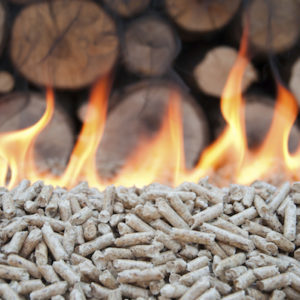-
Low-temperature corrosion in large-scale biomass boilers
Date posted:
-
-
Post Author
Tracey Biller
-

A new paper has been published by the High-temperature Processes and Materials Group at Abo Akademi University in Turku Finland.
Entitled “Low-temperature corrosion in large-scale biomass boilers,” the paper focuses on the corrosion of preheaters and flue gas cleaning equipment. This is a major challenge associated with the shift toward biomass fuels for heat and power generation, in particular as regards large-scale boilers.
A significant portion of the energy loss in boiler systems is attributed to the sensible heat carried away by the flue gases released into the atmosphere. Consequently, a primary approach to enhancing boiler efficiency is through flue gas heat recovery. Typically, lowering the flue gas temperature by about 20 °C can yield a 1% increase in the efficiency of boilers.
While lowering flue gas temperatures enhances efficiency, too-low material temperatures can result in deposit build-up as well as corrosion of the heat transfer tubes and flue gas cleaning. This phenomenon has become increasingly present over the past few decades due to the broader adoption of lower-grade fuels. At the same time, new additives have introduced more contaminants into the flue gases.
The paper describes the mechanisms driving low-temperature corrosion in biomass boilers and then provides an up-to-date survey of the existing literature, with a particular focus on hygroscopic chloride salts which deliquesce and cause corrosion on cold-end surfaces.
Download the paper here.
